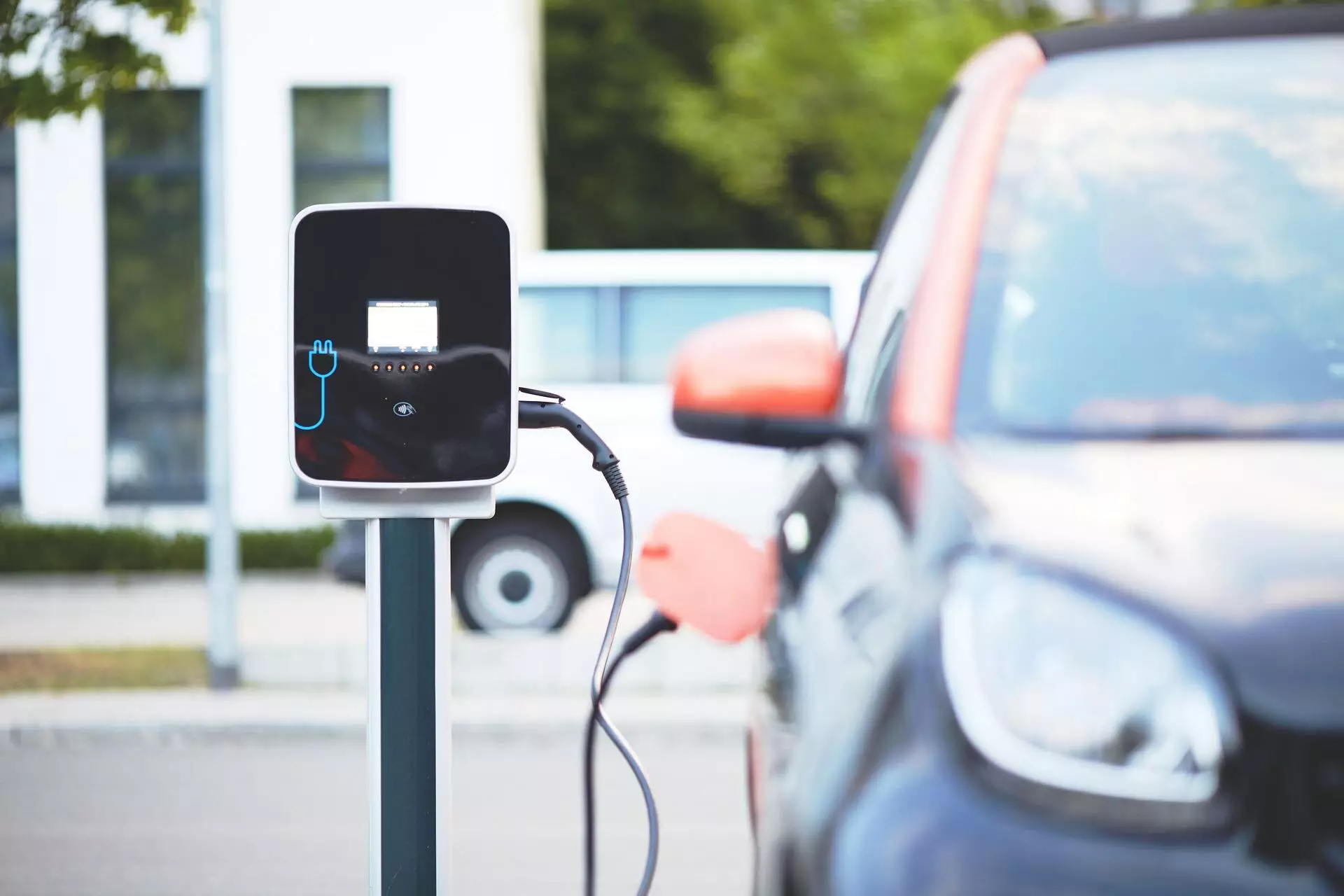As climate change accelerates, states like Florida are wrestling with an increase in extreme weather events, particularly hurricanes. This trend underscores the pressing need to adapt infrastructure to not only accommodate electric vehicles (EVs) but also ensure their operational continuity during these natural disasters. Public charging services, critical for the functionality and adoption of EVs, are placed under significant stress during hurricane events. Amid these challenges, recent research from the University of Florida highlights urgent considerations regarding the resilience and accessibility of charging infrastructure in the face of such calamities.
A pivotal study conducted by researchers at the University of Florida examines the complexities surrounding electric vehicle charging services amidst hurricanes. Published in the Journal of Management in Engineering, the study highlights how charging infrastructures suffer from physical damage and limited accessibility during emergencies, leading to significant disruptions. The researchers, led by Dr. Yan Wang, affirm that the effectiveness of charging infrastructure hinges on several factors, including local physical attributes and socioeconomic conditions. Moreover, the integration and connectivity of charging stations within the surrounding community play a crucial role in their robustness against extreme weather events.
Emergency preparedness, as indicated by the study, goes beyond merely installing charging stations. Instead, it stresses the necessity for strategic and forward-thinking planning to ensure these infrastructures withstand disruptive conditions. The insights from this research point towards implementing proactive strategies that maximize infrastructure resilience and equitable accessibility to EV charging services across different communities.
One of the critical findings of the research is the stark inequities in charging accessibility, especially impacting vulnerable communities such as older adults and lower-income populations. Dr. Ziyi Guo indicated that the ripple effects from hurricanes do not merely impact urban centers; rural communities may find themselves isolated, lacking access to essential services like charging stations. In essence, while some neighborhoods may be equipped with charging options, those on the periphery often remain disadvantaged, showcasing an alarming oversight in infrastructure planning.
This situation calls for a dual focus: not only boosting the physical infrastructure but also ensuring that vulnerable communities have the same level of access to EV charging options, significantly relevant during hurricane season when mobility options are limited.
The UF research team devised an innovative counterfactual analytical framework utilizing a multi-agent-based model. This sophisticated tool simulates worst-case hurricane scenarios to evaluate the potential impacts on EV charging networks. By doing this, researchers can cultivate a nuanced understanding of how infrastructure might perform under duress, allowing policymakers to identify crucial gaps and develop informed strategies that emphasize resilience and sustainability.
As Dr. Wang stated, the uneven distribution of charging infrastructure not only hinders widespread EV adoption but also reinforces social inequities across various demographics. There is an urgent need for an égalitarian planning paradigm that channels attentiveness towards a fair transition to electric mobility, ensuring that improvements benefit all communities, particularly those most affected by climate-induced challenges.
The future of EV charging services in Florida hinges on the adoption of comprehensive planning frameworks that incorporate data-driven insights and anticipatory strategies. Coastal communities, often first in the line of impact during hurricanes, have much to gain from such an approach. By evaluating physical infrastructures alongside behavioral patterns during emergencies, planners can create a resilient network that serves diverse community needs.
Researchers at UF are currently extending their scope of study beyond the Tampa Bay area to include local contexts such as Gainesville, emphasizing that the developed model can provide tailored solutions for different cities. Understanding how specific regions will cope with future challenges—such as rising sea levels or increased storm intensity—presents an invaluable opportunity for proactive improvements in local resilience structures.
The findings from the University of Florida present a clarion call for enhanced resilience in electric vehicle charging infrastructure. As the climate crisis reshapes the landscape of emergency management, it becomes paramount that all communities have equitable access to vital resources, especially during times of crisis. By prioritizing innovative methodology and equitable planning, Florida can lead the charge towards not only a cleaner environment through electric mobility but also a more just society resilient against the unpredictable forces of nature.


Leave a Reply